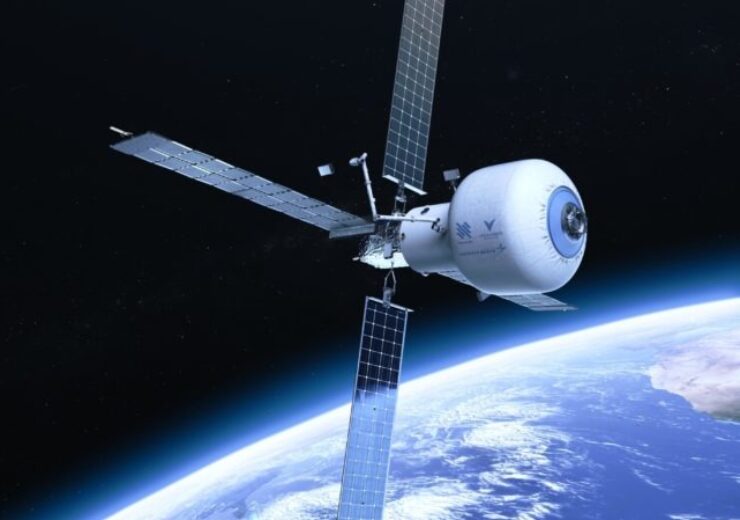Nanoracks has won a contract worth $160m, while Blue Origin and Northrop Grumman have bagged awards valued at $130m and $125.6m, respectively

Nanoracks has won a $160m award from NASA for its Starlab space station. (Credit: NANORACKS)
NASA has awarded three contracts with a combined worth of $415.6m to Blue Origin, Nanoracks, and Northrop Grumman Systems to develop designs of space stations and other commercial destinations in space.
According to the US government-owned space agency, the agreements signed with the parties are part of its efforts to enable a strong, American-led commercial economy in low-Earth orbit.
NASA said that it is aiming to sustain an uninterrupted footprint of the US in low-Earth orbit by shifting from the International Space Station to other platforms.
The space agency expects the contracts to trigger the US private sector development of commercial, independent space stations that can be availed by government as well as private-sector customers.
NASA administrator Bill Nelson said: “Building on our successful initiatives to partner with private industry to deliver cargo, and now our NASA astronauts, to the International Space Station, NASA is once again leading the way to commercialize space activities.
“With commercial companies now providing transportation to low-Earth orbit in place, we are partnering with U.S. companies to develop the space destinations where people can visit, live, and work, enabling NASA to continue forging a path in space for the benefit of humanity while fostering commercial activity in space.”
Texas-based Nanoracks has been given a contract worth $160m, while Blue Origin and Northrop Grumman have secured awards valued at $130m and $125.6m, respectively, from the US space agency.
Nanoracks has won the contract in collaboration with Voyager Space and Lockheed Martin for designing the Starlab commercial space station.
Blue Origin alongside Sierra Space will develop the Orbital Reef space station under the contract. On the other hand, Northrop Grumman will develop a commercial free-flying space station under the contract.
NASA revealed that the contracts are the first in a two-phase approach for enabling a smooth moving of activity from the International Space Station to commercial destinations.
In the first phase, the private industry in coordination with the agency is expected to formulate as well as design commercial low-Earth orbit destination capabilities for potential government and private sector requirements.
The first phase is likely to continue till 2025, said NASA.
Recently, the space agency had awarded a $3.2bn booster production and operations contract to Northrop Grumman for supporting its space launch system (SLS).


